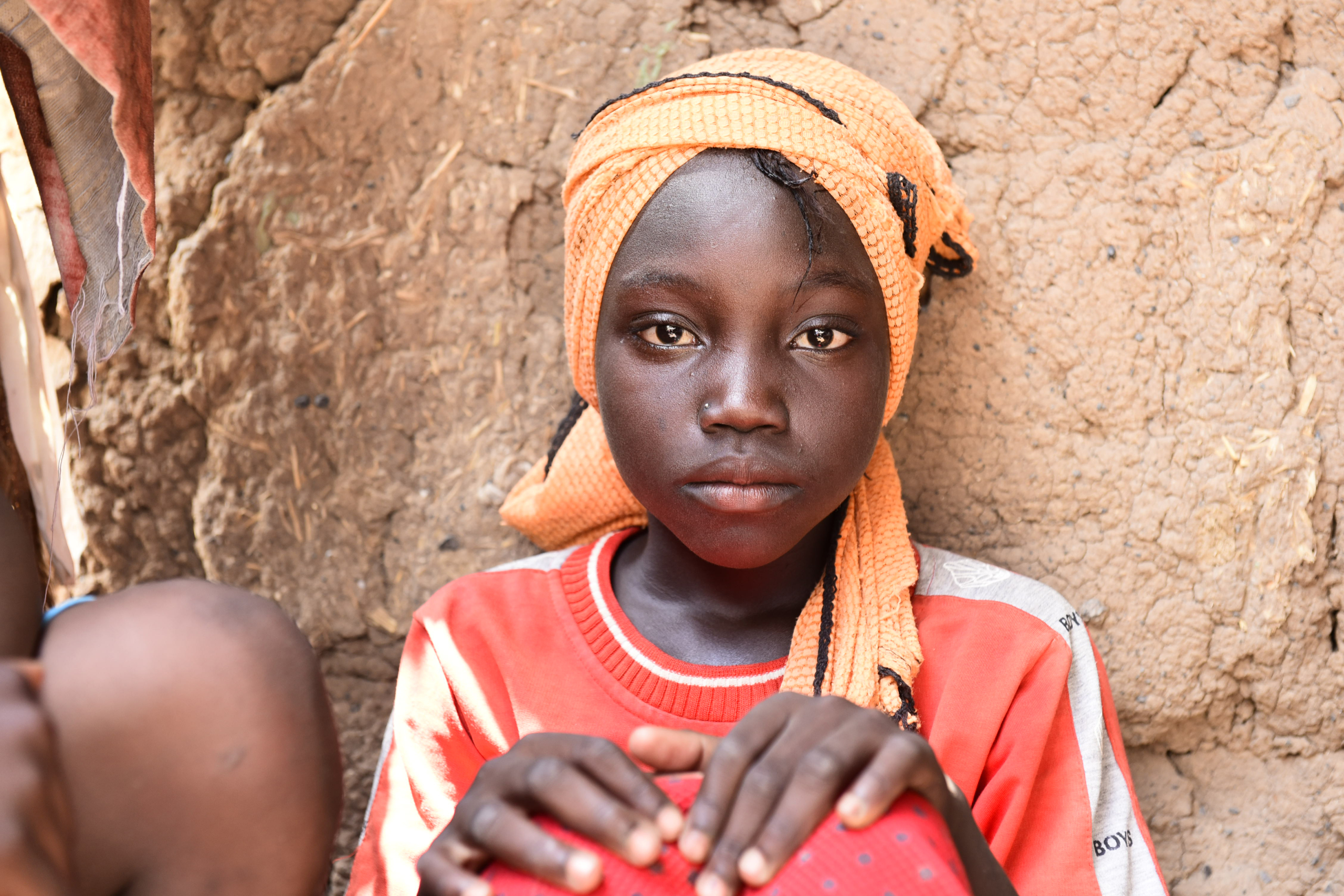This project aims to strengthen the capacity of community groups in South Sudan and Sudan to provide protection, livelihood support and integrated services to some of the world’s most vulnerable displacement-affected people. The project also addresses disaster and climate-related human mobility issues. It is being implemented through funding provided by the EU. The project is a partnership between the Sudan-based national NGO, Global Aid Hand, the national South Sudan-based NGO, Centre for Emergency and Development Support, and the international NGO, Near East Foundation UK. The project features community-led engagement in the design and selection of social innovation grants, and strong local ownership, embedding the sustainability of the project from its outset. The project is runing in 6 states, 3 in Sudan and 3 in South Sudan. These 6 states across the 2 countries host nearly 821 000 internally displaced people (IDPs) and an estimated 240 000 recent returnees.
Project Expected results
Increased income generation and livelihood opportunities
- 50 service providers trained to respond to the specific needs and vulnerabilities of displaced people
- 5 184 displacement-affected people employed or will have benefitted from business development schemes
- 2 073 displacement-affected people have increased/diversified agricultural productivity
- 4 406 displacement-affected people have increased and/or improved productive assets
Increased access for displacement-affected people to quality basic services
- 113 873 displacement-affected people have gained or have improved access to integrated basic services (education, water, sanitation, health and energy)
- 50 community associations have improved capacity to expand the delivery of inclusive services
- 50 service providers trained to respond to the specific needs of displaced people
- 12 conflict mitigation committees mitigating, preventing or addressing conflict between and among refugees, IDPs, returnees and host/resident communities
- 16 800 displacement-affected people have new or improved access to safe drinking water and safe sanitation facilities, including a hand-washing facility with soap and water
Enhanced prevention, protection and solutions for disaster and climate-related displacement
- 33 600people at risk of displacement included in local disaster risk reduction strategies in line with national strategies
- 1 036 peoples displaced as a result of disasters and climate-related factors received advice and support to find durable solutions to their displacement
- 5 184 people in at-risk communities benefitted from consultation, education and awareness raising on disaster, climate change and displacement risks
- 84green infrastructure projects constructed or adapted
Increased enjoyment of human rights
- 79 711 displacement-affected people reached through communications and advocacy efforts informing them about new and/or existing protection mechanisms that protect them against physical and psychological violence, and combat discrimination.
- 34 162 displacement-affected people have increased recognition of their human rights.
Implementing Partners
Global Aid Hand, Centre for Emergency and Development Support and Near East Foundation UK.
Project duration
01.08.2022 – 31.07.2024
Project locations
South Sudan
Sudan
Overall budget
€2 550 000
EU contribution
€2 550 000
100% of the overall budget

